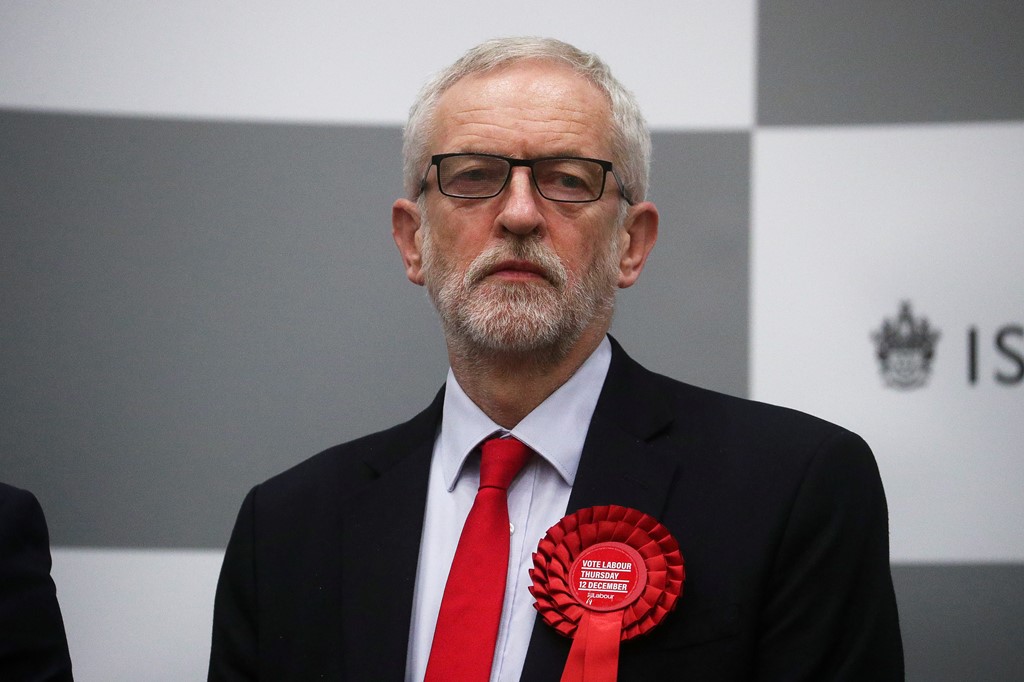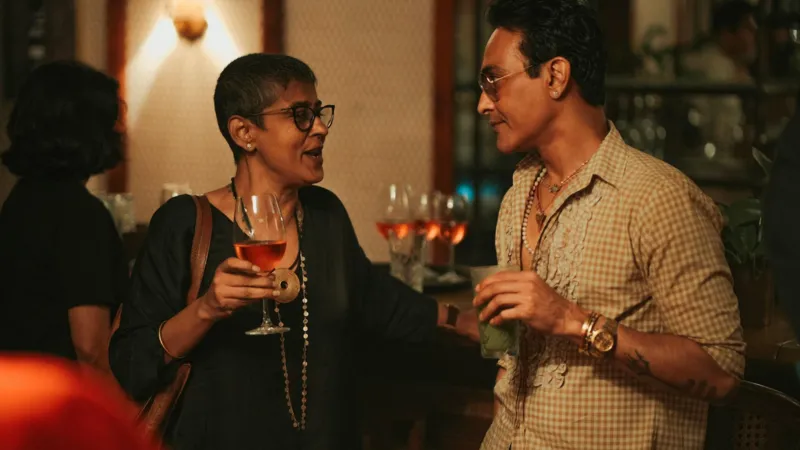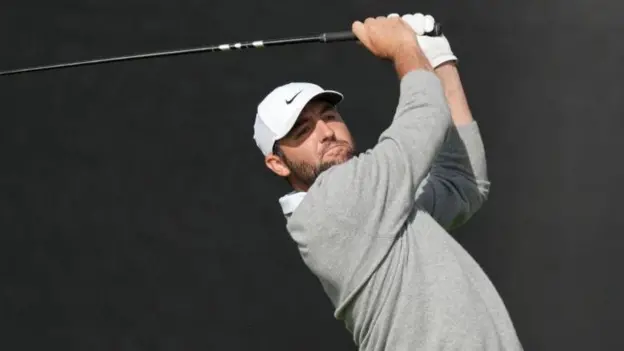NATO, Ukraine swat away talk of war fatigue
As speculation about Ukraine war "fatigue" proliferates, NATO was keen again to emphasize that Kyiv has alliance members' backing "as long it takes." But what else is going on behind the scenes?

With whispers of doubt swirling and a tough winter ahead for Ukraine, NATO foreign ministers meeting in Brussels offered another show of confidence amid funding hold-ups and talk of a stalemate on the frontline in Russia's war against Ukraine
"Allies remain steadfast in their commitment to further step up political and practical support to Ukraine… and will continue their support for as long as it takes," the 31 allies wrote in a statement published Wednesday at the end of their two-day gathering at NATO headquarters.
At a press conference after the meeting, which was also attended by Ukrainian Foreign Minister Dmytro Kuleba as a guest, NATO Secretary General Jens Stoltenberg warned against losing focus.
"We must not underestimate Russia. Russia's economy is on a war footing," the Norwegian stressed.
Battlefield stalemate concerns
The conflict is now in its 22nd month and has resulted in hundreds of thousands of casualties on both sides. Following a summer counter-offensive that did not deliver the decisive shift in favor of Ukraine that Kyiv and its allies had hoped, the frontline seems to have frozen.
Stoltenberg acknowledged the situation on Wednesday. "We haven't seen significant changes in the frontline over the last months. But there is intense fighting going," he told reporters. Last year, however, was a different story.
"Ukrainians were able to liberate enormous or big, significant parts of their territory pushing back the Russians from roughly 50% of what they occupied at the beginning of the war," he stressed.
Despite Stoltenberg's clear messaging, Ukraine's major military backers are struggling to deliver promised tranches of aid due to domestic political issues involving the Republican Party in the United States and Hungary in the EU.
Pressure to negotiate?
US President Joe Biden requested billions of dollars in aid for Ukraine, but the funding was not part of a stop-gap spending bill. A bloc of Republicans opposes providing more assistance to Ukraine and argues US money should be spent at home. Still, a majority of Republicans and Democrats in Congress support supplying aid to Kyiv, making eventual funding likely.
Meanwhile, EU and NATO member Hungary is calling for Ukraine to push for a diplomatic solution with Moscow, something Kyiv resists because it does not want to permanently cede territories occupied by Russia and because it says it does not trust Moscow. NATO's public refrain is that it is up to Kyiv to decide when to negotiate.
On Wednesday, Kuleba denied there was a stalemate in Kyiv's fight against invading Russian forces.
"We have to continue," Kuleba said, "We have to keep fighting. Ukraine is not going to back down."
The Ukrainian politician called on NATO countries to step up weapons production and expressed hope that long-term aid commitments from the US and EU would be sealed soon.
Can Ukraine still defeat Russia?
Asked on his way into the talks by DW about suggestions that Kyiv could leave some of its land in Russian hands in order to get NATO membership — an idea floated by former NATO chief Anders Fogh Rasmussen — Kuleba made clear that was out of the question.
"These people should suggest it to their own governments to give up territory, to give up their own people," Kuleba said.
Russia illegally annexed Crimea in 2014 and launched a full-scale invasion of Ukraine in February 2022.
On Wednesday, US Secretary Antony Blinken also insisted there was "no fatigue" and that all NATO allies understood backing Ukraine was in their self-interest. If Russian President Vladimir Putin won, it would be "open season" and leave him emboldened to attack other countries, Blinken said.
Distraction from Israel-Gaza
In the past month, the eruption of conflict in the Middle East between Israel and the Palestinian Islamist, militant group Hamas — deemed a terrorist organization by the US, the EU and others — in the Gaza Strip has also diverted international attention away from Ukraine.
German political scientist Johannes Varwick told DW that even before that, there had been "competition for attention and resources."
"I don't think major players will stop supporting Ukraine now, but priorities will shift," the University of Halle academic told DW earlier this month.
But the notion of war fatigue in the West is putting pressure on politicians and diplomats seeking an end to the war through negotiations, something Varwick said he believes is inevitable, "Now is the time to launch such initiatives."
On Monday, at the pre-meeting press conference in Brussels, Stoltenberg reiterated the line that choice lay with Ukraine but suggested holding out longer.
"The stronger Ukraine is on the battlefield, the stronger it will be on the negotiating table," he said.
"If we want a negotiated peaceful solution which ensures that Ukraine prevails as a sovereign independent nation, then the best way to get there is to continue to provide military support to Ukraine, and that is what the allies are going to do," Stoltenberg said.
Edited by: Sean Sinico
Source: DW







